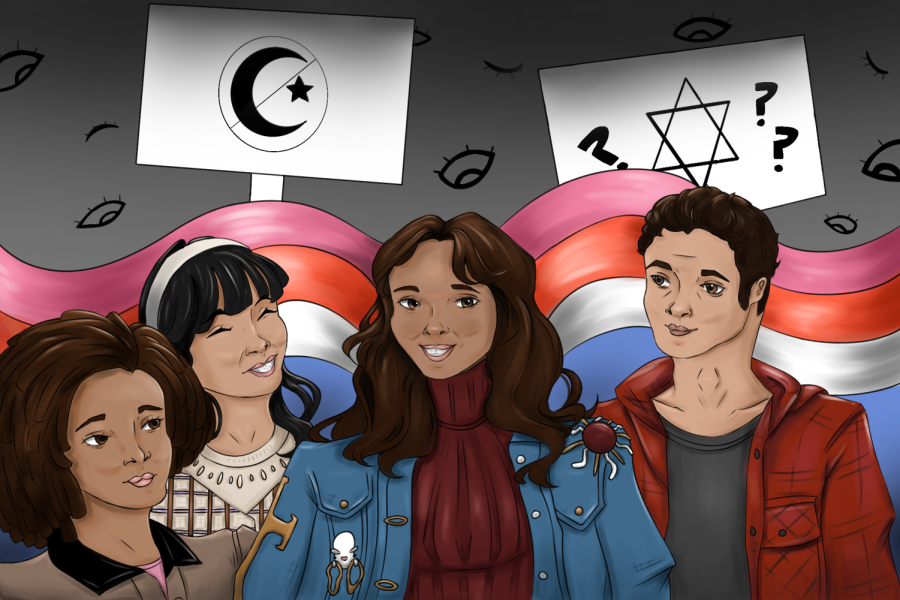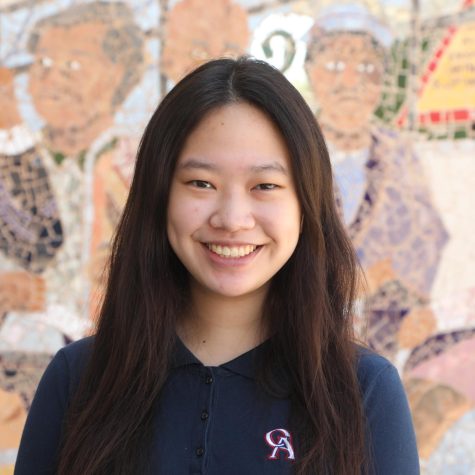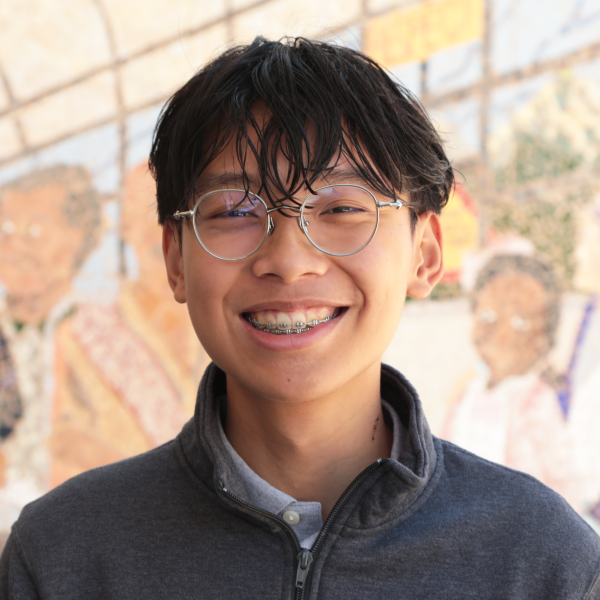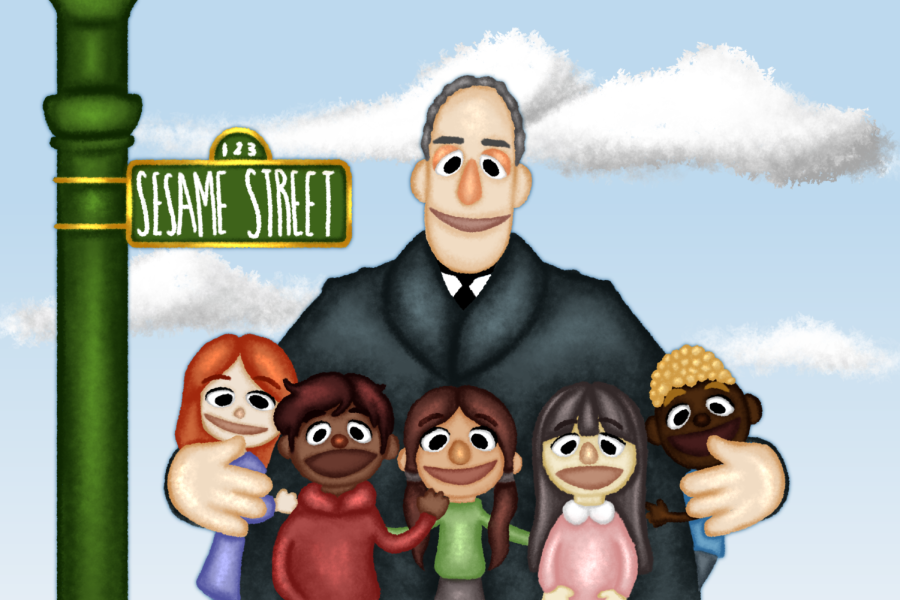Disclaimer: “Never Have I Ever” is rated TV-14 and may not be suitable for ages 14 and under.
Indian American high schooler Devi Vishwakumar (Maitreyi Ramakrishnan) navigates junior year in season three of the Netflix comedy series, “Never Have I Ever,” released Aug. 12. Created by Mindy Kaling and Lang Fisher, the show chronicles Devi’s life a year after her father unexpectedly passes. To move past her grief, she sets out to achieve the glamorized high school experience of boyfriends, parties, and popularity.
After a journey paved by several poor decisions, she seems to have struck success by season three, including dating athlete heartthrob Paxton Hall-Yoshida (Darren Barnet). However, as her relationships come together and fall apart, she learns to love herself instead of depending on others to. Season three of “Never Have I Ever” is a heartwarming addition to the coming-of-age story noteworthy for its South Asian representation yet lacking proper cultural awareness of its other characters.
One of its greater aspects is its stereotype-defying characters that bring authenticity to the show. Brazen and sometimes arrogant, Devi’s decision-making is often flawed; at times she gossipped, lied, and abandoned her friends for boys. Many of her actions range from morally grey to unethical, but what keeps the audience attached is her caring heart and never-ending determination to make things right. Although she hasn’t grown out of her impulsiveness by season three, Devi begins building self-confidence rather than chasing external validation.
Devi’s mother, Nalini Vishwakumar (Poorna Jagannathan), is also written with exceptional depth. Nalini is often strict and critical of Devi, putting them at odds. Likewise, her interactions with others tend to be blunt and unaffectionate. However, when Devi experiences a traumatic episode reliving her father’s death, Nalini doesn’t hesitate to defend her daughter even when her closest confidant doubts Devi’s sanity.
Where “Never Have I Ever” falls short is its Islamophobic portrayal of Muslim characters. In season one, Nalini demonstrates disdain for someone’s marriage because their spouse was Muslim. To compensate, some hoped that Aneesa Qureshi (Megan Suri), a Muslim student at Devi’s school, would provide positive representation after being introduced in season two. Unfortunately, her character showed little concern for her religion, invoking critiques of performative representation.
Additionally, the depiction of Ben Gross (Jaren Lewison), Devi’s enemy-turned-lover, garnered criticism for relying on antisemitic stereotypes, including his incredibly wealthy background, absent lawyer father, and vast unpopularity while rarely discussing his Jewish identity.
Although the show has unacceptable flaws, the significant strides in South Asian representation cannot be ignored. “Never Have I Ever” doesn’t fall into the typical one-dimensional tropes that rely on people of color solely for comedic effect, allowing many of its characters nuance and relatability. The show received criticism for inaccurately depicting Indian characters and relationships, to which Ramakrishnan points out that no singular show can encompass all South Asian experiences.
“Devi does not represent the entirety of the South Asian community,” Ramakrishnan tweeted. “She is merely one story influenced by real-life experience. There are still many stories waiting to be told.”
“Never Have I Ever” season three was a mix of remarkable and inadequate, showcasing a lovable main cast yet problematic characterization for others. The fourth season, releasing in 2023, will likely continue the charming storyline but hopefully remedy its past biases. With the final chapter approaching, viewers are in for another awkward yet endearing adventure as Devi goes into senior year — for the first time ever.




























































